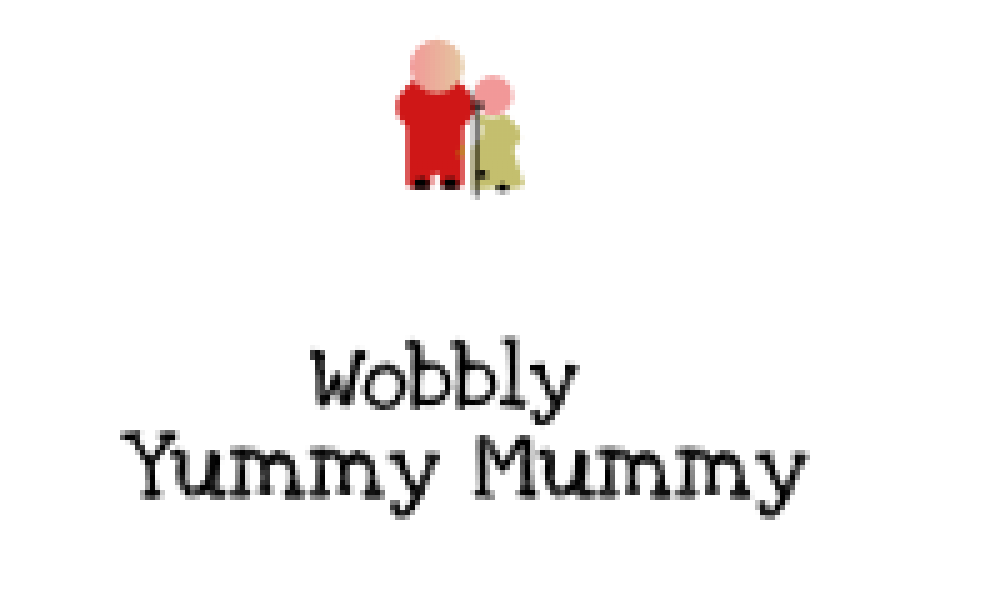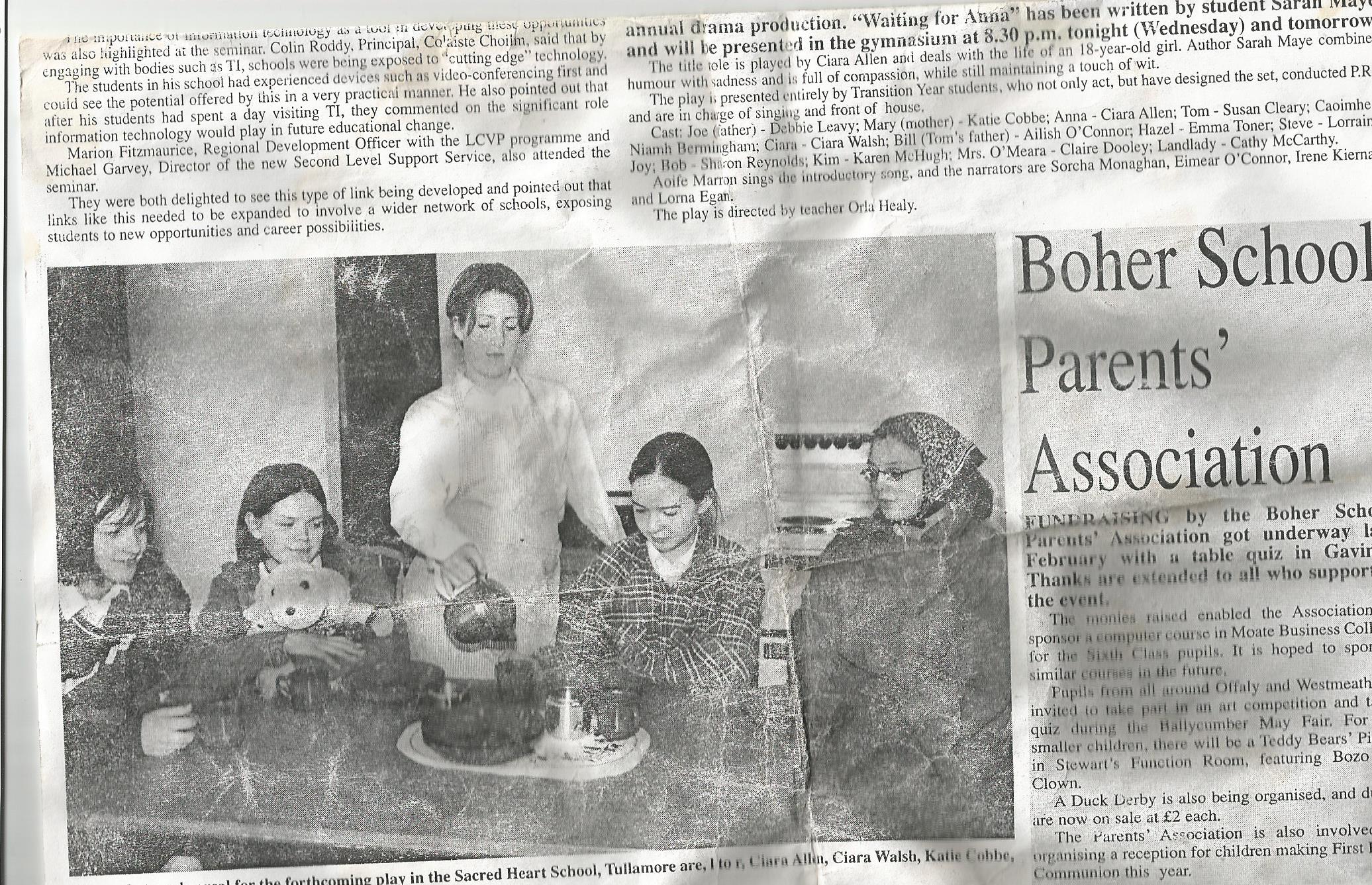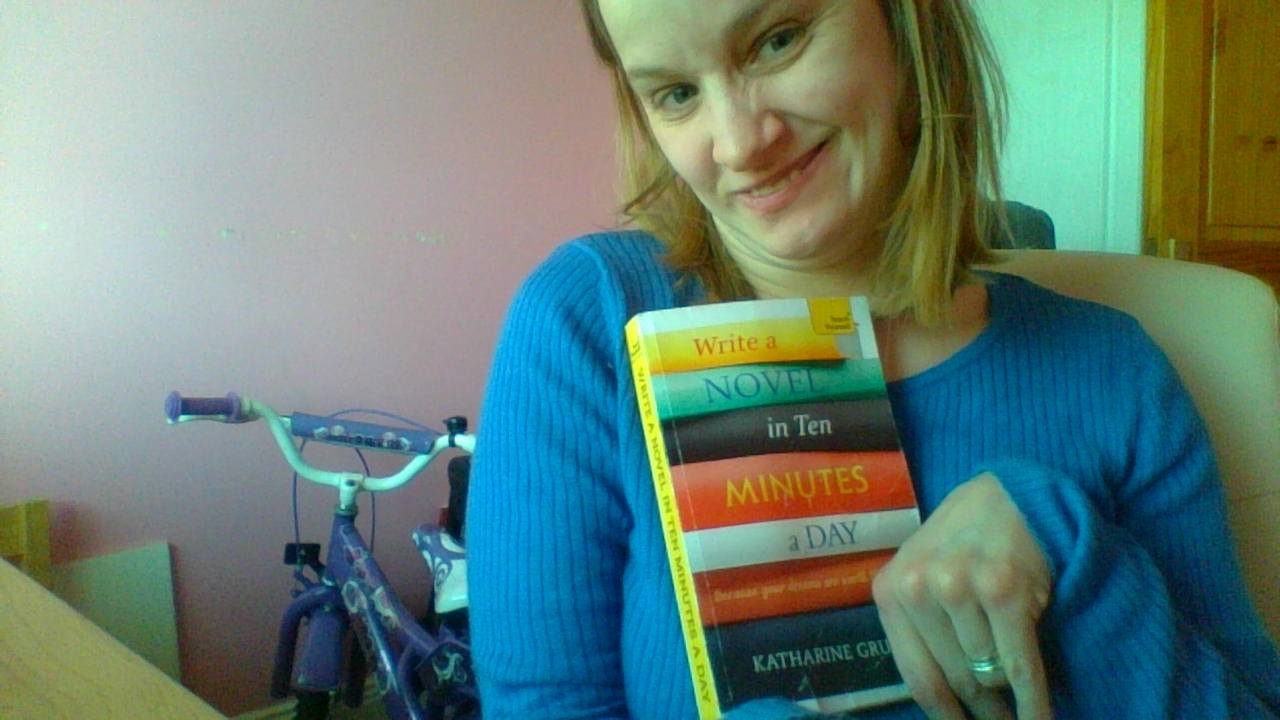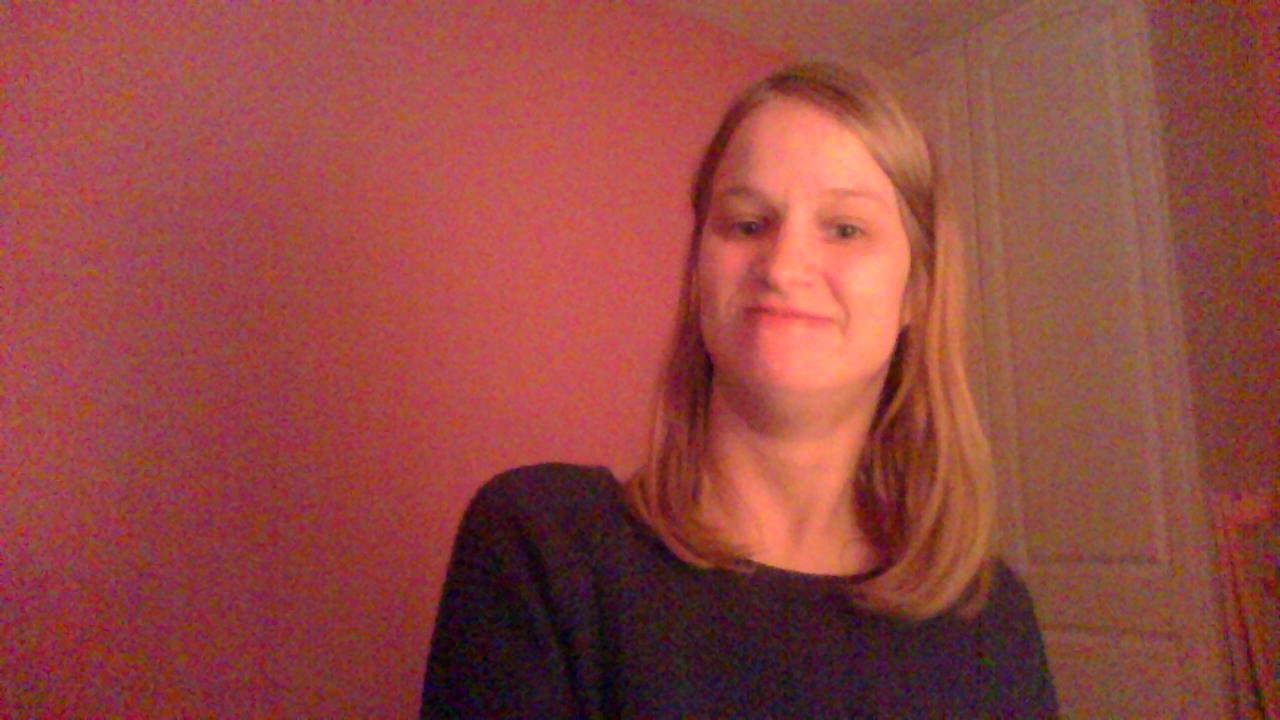(Published Sunday 25 June 2023 due to holidays)
Let me take you back to January 2008. I’m working with the Offaly Centre for Independent Living, my first job after graduating from Trinity with an English Degree. I’m twenty-three, and I think I’m the cat’s pyjamas. I’ve landed a job here on the FAS Scheme with little to no experience. Trouble is, I don’t quite know what my role is. I want to add something, but I’m not sure what I’m adding to.
I google Independent Living and read definitions that at one stage, I could recite verbatim. I’m starting to think that my new job isn’t all that exciting. Then I come across the story of Ed Roberts, and suddenly I’m captivated. It’s the story of a very ordinary boy who, in his early teens, contracted polio and was left almost completely paradise. He’d written himself off, fervently wishing to die until he was told that if it was truly his wish, then so be it. Suddenly, Ed realised that it was freedom of choice he was craving and that he wanted to live.
I’m hooked. I need to know more. I come across another name, Judy Heumann, and my mouth falls open as I learn that she and Ed were at the centre of the establishment of an entire human rights movement. There’s more information about them both – interviews, short films – and I realise, as I waste away another day in front of my laptop, that it’s these stories that are making me more curious about Independent Living. These real, personal stories.
I gain permission from my manager, the late Michael Nestor, to capture these stories. But I’m young and inexperienced, and my overall efforts are a bit crappy. I don’t prepare the questions properly, I don’t bother to prod people or encourage them to talk. I’m going in with my preconceived ideas about what people are going to say. As a result, the finished product is a flop, and there’s no uniformity in the collection. No common theme emerges. And I convince myself that maybe I’m not as interested in Independent Living as I once believed.
Still, the idea of capturing the Independent Living Movement in some tangible way never strayed far from my thoughts. It’s said that one reason for writing a book is because as a writer, you wish to discover something, rather than to impart wisdom that you already know. In 2014, I decide that I wanted to write full-time, a decision that frightens me to this very day. I’ve always loved reading stories, and I want to capture some of my own. I start to move away from disability activism. Alas, something terrible would happen and whether I like it or not, I’m about to be roped back in.
On the 13 October 2016, RTE announces that the father of the Irish Independent Living Movement, Martin Naughton, has passed away at the age of 62. It can’t be true. Surely Martin is invincible? I genuinely believe that the bottom has just fallen out of the disability movement. Who would take over? Little do I realise that nobody needed to “take over”, that for years, several other disability activists had been coming together to bring about much-needed social change. I know that there had been a historical protest in September 2012, rallying against the eradication of Personal Assistance for disabled people in Ireland, but who had been involved? What had been sacrificed? Were they scared? Did they ever just get tired of the whole bloody racket and vowed to give up? For some reason, I need answers to these questions. I need to know that, if I’m going to join a disability movement, that it’s not going to be a waste of my time and energy. I need to know that this movement truly belongs to disabled people.
I’m being arrogant again. I know nothing. A week after Martin’s passing, a group of us are brought together to discuss a commemorative event. I’ve heard of many of these people, including Ann Marie Flanagan and Shelly Gaynor, but I’ve never met them before. I was following them in a quest to create a space to talk openly about rights and self-determination, but I was joining the motorway from a different exit. I wanted to know more. I asked permission to set up a blog to gather these stories. But it still wasn’t enough for me.
Another reason for writing a book is to create something that you’d want to read yourself. I’d always wanted to read about the history of the Independent Living Movement in Ireland, not just about dates, but I want to capture the human passion behind it. How do you nurture that inner self-belief that you truly belong in the world? Working on the commemorative event, I realise that camaraderie is a huge part of it. Activism isn’t just about marches and policies; it’s those little chats in the pub afterwards where you expose your vulnerabilities to other people. That’s how you learn to trust in each other, and come together for a collective cause. As I hear other people talking about Martin Naughton, what struck me was how many people remark “I didn’t know that I could do x, y or z, but Martin believed I could, and so I did it.” That, to me, is powerful, and I wondered how I could collect these stories and inform others about the power of the collective.
One thing I learned when I worked in the area of independent living is that people don’t always relate to academic definitions or legal jargon. They connect to each other, something that became increasingly obvious in the early days of the COVID pandemic. Independent Living Movement Ireland committed to creating online spaces where seasoned and emerging activists alike could share experiences with each other. In April 2020, with no hope or expectation whatsoever, I approach Des Kenny, Chair of Independent Living Movement Ireland (ILMI), with an idea that we could capture these stories. His support and encouragement led me to approach Damien Walshe, CEO of ILMI, with a rough proposal. To my surprise, he agreed that ILMI and the Independent Living Movement should document these histories, and would I like to have the honour of doing it?
I was thrilled. – But shouldn’t you call in a professional? I asked.
-You are a professional, I was told. You’re a disabled writer with lived experience. Now put that useless doubt to one side and get on with it. That wasn’t what I was told, of course. Damien and Des are kind, diplomatic gentlemen. What they actually said was: “We wouldn’t let you near it if we thought you weren’t up for the job.”
And so, we invited a number of activists to recount their stories to a live Zoom audience on Wednesday nights during the summer of 2020. Ellis Palmer, talented BBC journalist, suggested that the sessions should be made into podcasts, and made available on the ILMI website.
I admit, I didn’t really give much thought about what I’d signed up for. I’d done transcription work before, but I was nervous about doing this. I wanted to capture the unique voices of those who were to be included, so the transcriptions were word-for-word, then edited so that I wasn’t tempted to include my own slant on their stories. The actual progress is laborious and time-consuming, but completely worth it. It’s the only way to capture the authenticity of these pieces, and for these activists to have ownership over their own words.
I cannot stress enough that the final product, Conversations about Activism and Change: Thirty Years of Independent Living Movement Ireland and Disability Rights is not a definitive history of the disability movement, but rather my first attempt in capturing part of it. If I had my way, I would still be interviewing disabled activists and transcribing their stories, but alas, I’m only human, and we needed to agree an end goal. These stories are intensely personal. Details of personal and political struggles can be sad to read. What shines through the entire collection is the recognition on the part of all the storytellers that they were not alone. Once they wrestled with the internalised oppression, which is a byproduct of an over-medicalised childhood, they learned how, through working together, to recognise and tackle societal and attitudinal barriers. Some stories include subtle nods to fallen comrades who influenced them as activists. There’s a consensus that although much has been achieved, we still need to keep fighting to be recognised as citizens with rights as opposed to objects of care.
Conversations about Activism and Change is the book I yearned to read when I started working in the area of Independent Living, and I am so relieved to know that younger activists coming up behind me will have some sort of blueprint for campaigning for equal rights in the future. It is my dream that the language of equality and human rights will override the long-seated discourse of pity, charity and helplessness that is so deeply intertwined with disability in Irish culture. And the only way this will ever happen is if we continue to use our own voices to create those important counter-narratives, to have the courage and conviction to speak for ourselves and own our own histories.
Conversations about Activism and Change: Independent Living Movement Ireland and Thirty Years of Disability Rights
Available on Amazon as paperback and for Kindle:



